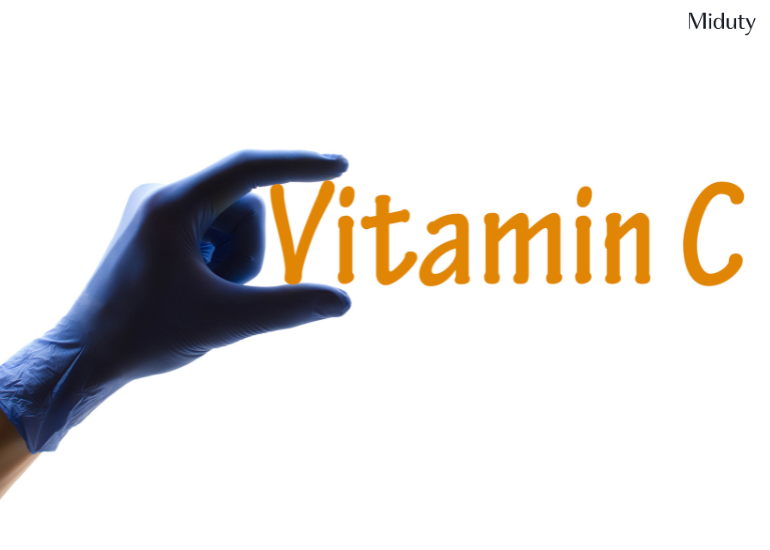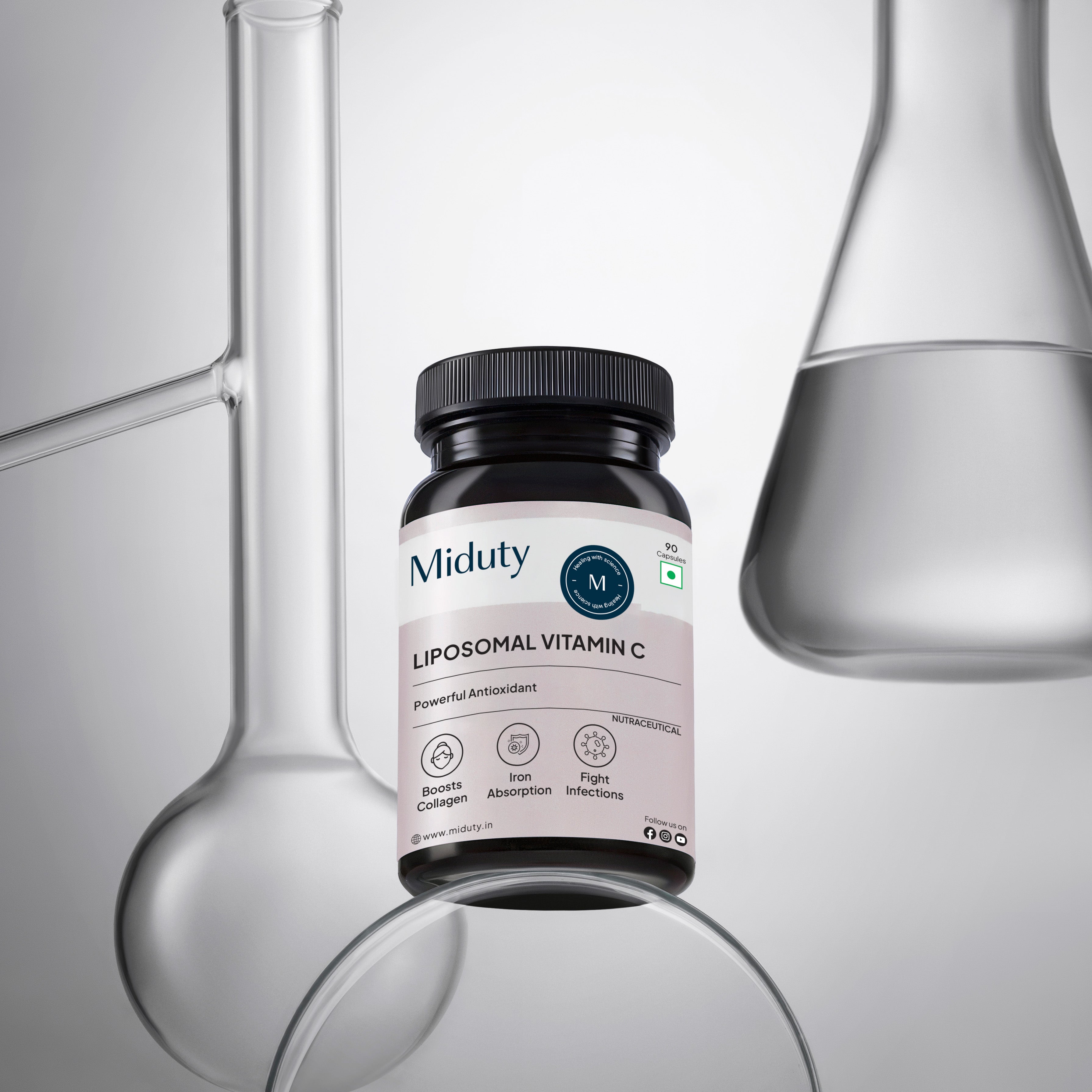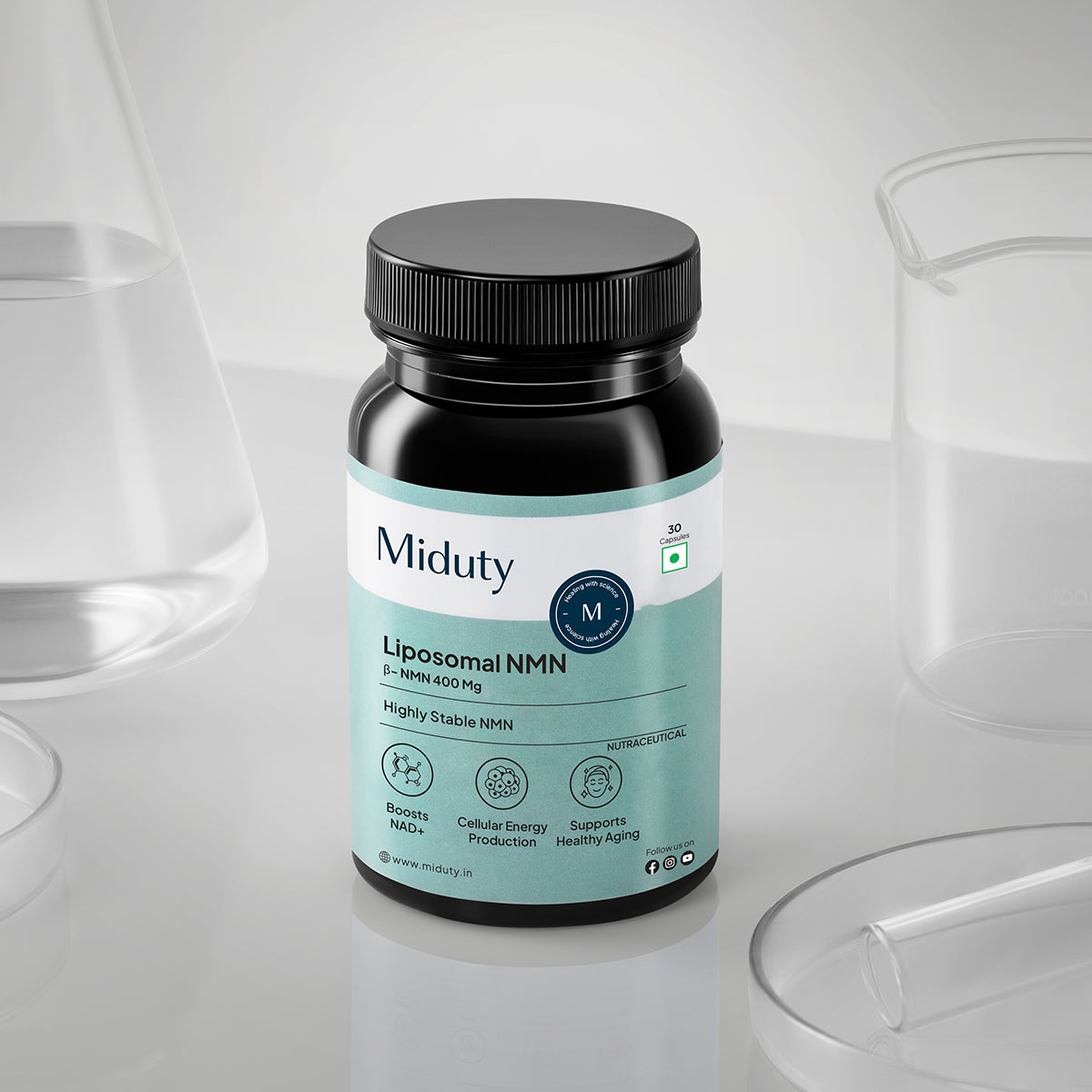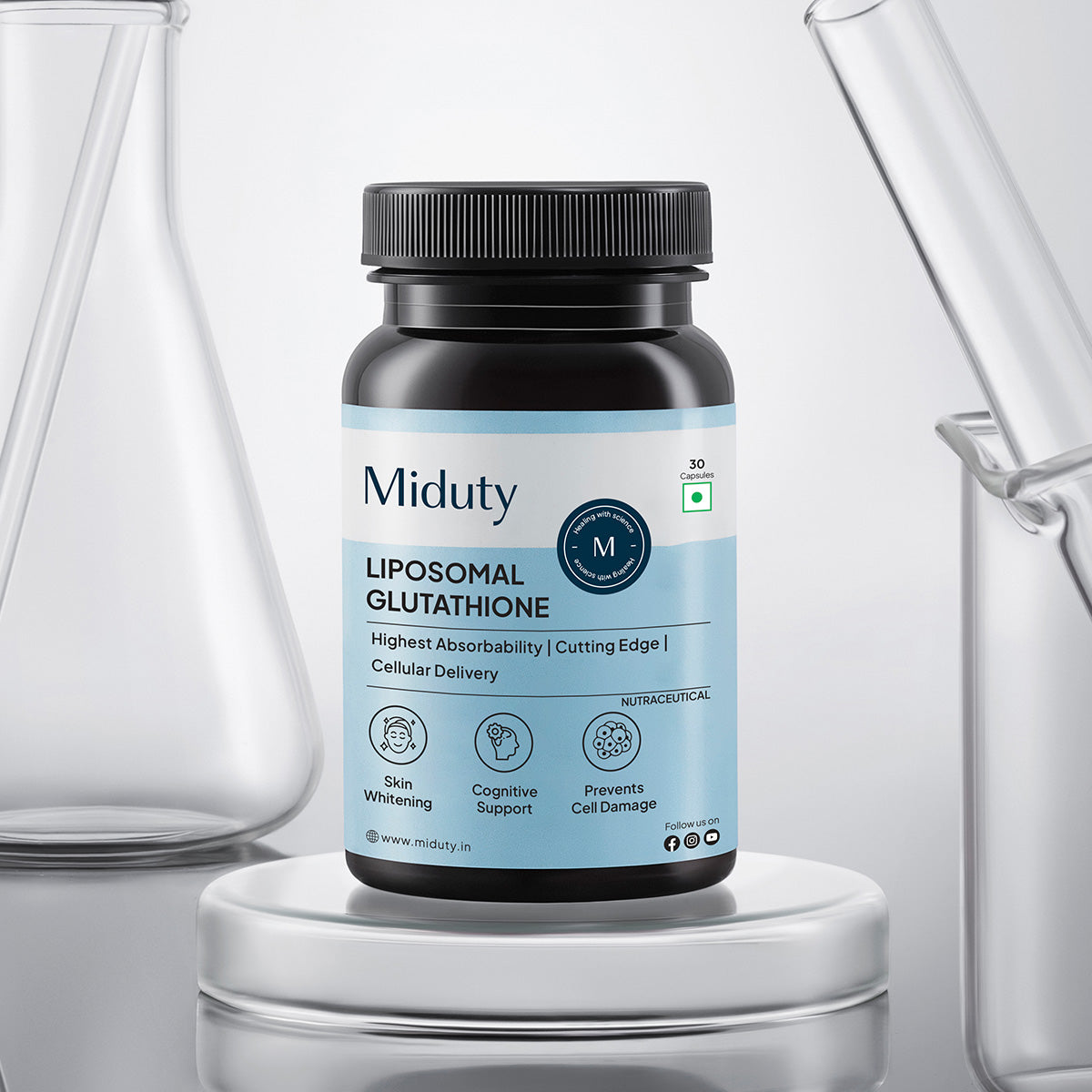
Vitamin C Deficiency: Diseases, Causes, Symptoms and Prevention Tips
Vitamins are micronutrients that our bodies require in small amounts to perform critical physiological functions. Among them, vitamin C (ascorbic acid) plays a multifaceted role in human health. It acts as an antioxidant, supports the immune system, boosts collagen synthesis and helps us absorb iron from plant‑based foods. Because vitamin C is water‑soluble and the body doesn't store it, we must obtain enough through our diets every day. When intake consistently falls below about 10 mg per day, the result is a deficiency called scurvy, which can become life threatening. While frank scurvy is rare in modern societies, mild or moderate insufficiency is still common. Studies estimate that about 7 % of adults in the United States and nearly three‑quarters of people in north India have inadequate vitamin C levels. Understanding the causes, symptoms and prevention of vitamin C deficiency is therefore important for maintaining long‑term health.
Key Takeaways
1. Vitamin C Is Essential—Every Single Day. Your body doesn't store vitamin C, so daily intake from food or supplements is a must to maintain healthy skin, immunity, and collagen production.
2. Deficiency Can Be Sneaky (and Serious). Fatigue, joint pain, easy bruising, and bleeding gums are early warning signs—if ignored, they can lead to scurvy and other health complications.
3. Diet Is Your Best Defense. Citrus fruits, bell peppers, strawberries, and broccoli are vitamin C powerhouses—load up on them to stay protected.
4. Certain Groups Are at Higher Risk. Smokers, people with chronic illness, poor diets, or digestive disorders are more likely to experience deficiency—regular monitoring is key.
5. Vitamin C Affects More Than Just Immunity. From mood and vision to wound healing and bone health, vitamin C plays a vital role across your entire body—don't overlook it!
How Vitamin C Works in the Body?
Vitamin C is indispensable for maintaining connective tissue, skin, bones and blood vessels. It serves as a cofactor for the enzymes that stabilize collagen, the most abundant protein in the skin and the main structural component of ligaments, tendons and cartilage. Without enough vitamin C, collagen strands become weak and poorly cross‑linked, leading to fragile skin, easy bruising and impaired wound healing. Vitamin C also performs several other tasks:
- Antioxidant Protection: It neutralizes free radicals and regenerates other antioxidants. This property helps protect lipids, proteins and DNA from oxidative damage.
- Immune Support: Vitamin C promotes chemotaxis of neutrophils and improves the function of several immune cells. Low vitamin C can therefore weaken our ability to fight infections.
- Iron Absorption: It enhances the absorption of non‑heme iron from plant sources, reducing the risk of iron deficiency anemia.
- Neurological and Hormonal Roles: Ascorbic acid participates in the synthesis of catecholamines and certain neuropeptides. Insufficient levels might therefore contribute to mood disturbances such as irritability and depression.
Because the body does not store vitamin C, any unutilized portion is excreted in urine. That means we must replenish it regularly through diet or supplements.
Causes of Vitamin C Deficiency
Dietary Causes
The deficiency of vitamin C causes often relate to a diet low in fresh fruits and vegetables. The National Institutes of Health defines vitamin C deficiency as consumption of less than 10 mg per day. Adults who eat less than 7–8 mg per day may quickly develop deficiency symptoms. Common dietary causes include:
1. Restrictive or unbalanced diets: People following highly restrictive diets, those with an aversion to many foods or who simply dis‑like fruits and vegetables are at risk.
2. Poor appetite due to illness or medical treatment: Severe illnesses, cancer therapies or mental health conditions can limit food intake.
3. Alcohol or substance misuse: Alcoholism and drug dependency frequently lead to malnutrition and low vitamin C levels.
4. Smoking and secondhand smoke exposure: Tobacco smoke generates free radicals that deplete vitamin C; smokers require an extra 35 mg per day.
5. Food insecurity: Limited access to fresh produce, as in some rural or low‑income communities, increases the risk of deficiency.
Increased Requirements and Malabsorption
Some situations increase the body's need for vitamin C or hinder its absorption, leading to deficiency even when dietary intake seems adequate:
1. Pregnancy and lactation: Pregnant people need around 85 mg and breastfeeding individuals require 120 mg of vitamin C per day. Without supplementation, deficiency can develop.
2. Smoking or chronic inflammation: In addition to tobacco smoke, chronic inflammatory conditions raise oxidative stress and deplete vitamin C.
3. Gastrointestinal disorders: Inflammatory bowel disease, celiac disease, cystic fibrosis and short bowel syndrome impair absorption of vitamin C.
4. Chronic diarrhea or malabsorption syndromes: Persistent diarrhea leads to losses of water‑soluble vitamins. .
5. Bariatric surgery or restrictive diets: Surgeries that reduce stomach size or bypass parts of the intestine can reduce nutrient absorption.
6. End‑stage kidney disease and dialysis: People undergoing hemodialysis lose vitamin C during treatment. Dialysis patients, heavy drinkers and smokers are among those most likely to have deficiency.
7. Infant feeding practices: Infants fed boiled cow's milk instead of vitamin C‑rich breast milk may develop deficiency.
Vitamin C Deficiency Diseases and Symptoms
Early Symptoms of Deficiency
Vitamin C deficiency develops slowly over months because the body uses up stored vitamin C before overt scurvy emerges. Initial symptoms generally appear 4–12 weeks after inadequate intake and are nonspecific. They include:
- Fatigue and malaise — an overall sense of tiredness and low energy.
- Irritability or depression, sometimes accompanied by irritability and low mood.
- Loss of appetite and weight loss — anorexia is common.
- Generalized weakness, joint stiffness and vague muscle aches.
These mild symptoms often go unnoticed because they resemble other conditions such as anemia or chronic stress. Without intervention, vitamin C stores continue to fall and more specific signs appear.
Skin and Hair Changes
The skin contains high concentrations of vitamin C, which is essential for collagen formation and antioxidant defense. Insufficient vitamin C leads to noticeable dermatologic and hair changes:
- Keratosis pilaris (rough, bumpy skin): Small, hard bumps known as "chicken skin" form on the upper arms, thighs or buttocks after 3–5 months of inadequate intake.
- Dry, damaged skin and premature wrinkles: Low vitamin C is associated with a 10 % increased risk of dry, wrinkled skin. People who consume plenty of vitamin C tend to have smoother, softer skin.
- Corkscrew or coiled hair: Hair grows in bent, twisted shapes due to defective keratin formation; this sign resolves once vitamin C is restored.
- Perifollicular hemorrhages: Tiny bright red or purplish spots appear around hair follicles because the capillaries become fragile. WebMD notes that blood vessels become weak, leading to bleeding gums, nosebleeds and easy bruising.
- Alopecia and hair loss: Hair may fall out due to collagen instability and poor follicle health.
Oral and Dental Complications
Because collagen supports healthy gums and tooth sockets, vitamin C deficiency manifests strongly in the mouth:
- Swollen, bleeding gums and periodontal disease — early scurvy symptoms include inflamed gums that bleed easily when brushing or eating. An observational study found that consuming grapefruit improved gum bleeding in people with gum disease.
- Loose teeth and tooth loss: Without adequate collagen, ligaments holding teeth loosen, and teeth may fall out.
- Bad breath and oral infections: Gum infections may cause halitosis and increase susceptibility to bacterial infections.
Musculoskeletal and Systemic Symptoms
Vitamin C deficiency weakens connective tissue throughout the body, causing a range of musculoskeletal and systemic symptoms:
- Joint pain and swelling: Deficiency leads to painful joints and muscles; in children it causes bone tenderness and difficulty moving. Scurvy may present as swelling around the costochondral junctions, sometimes called a scorbutic rosary.
- Bone pain and fractures: Vitamin C is critical for bone matrix formation; deficiency can cause brittle bones and increased fracture risk. WebMD notes that scurvy leads to brittle bones and loose teeth.
- Easy bruising and subperiosteal hemorrhages: Thin-walled capillaries rupture easily, causing bruises and bleeding into joints
-Anemia and fatigue: Vitamin C improves iron absorption; deficiency can therefore lead to iron deficiency anemia and symptoms such as fatigue, pallor and shortness of breath.
- Impaired wound healing: Without adequate collagen, wounds take longer to close and scars may form poorly.
Immune, Neurological and Other Systemic Effects
Chronic vitamin C deficiency can affect many organ systems:
- Weak immune function: A lack of vitamin C reduces the body's ability to fight infections. People with low vitamin C may experience frequent colds, pneumonia or bladder infections.
- Mood changes and depression: Low vitamin C is linked to irritability, fatigue and depression. In one small study, participants felt less tired within hours of taking vitamin
- Weight gain: Observational studies suggest that low vitamin C status is associated with higher levels of body fat, particularly abdominal fat.
- Vision problems: Deficiency may worsen age‑related macular degeneration and increase the risk of cataracts.
Scurvy — The Severe Form of Vitamin C Deficiency
When vitamin C deficiency becomes profound and prolonged, scurvy develops. Historically associated with sailors on long voyages, scurvy is rare today but still occurs in individuals who consume only 10 mg/day of vitamin C or less. Scurvy is characterized by:
- Severe weakness and exhaustion.
- Swollen, bleeding gums, sometimes causing teeth to fall out.
- Corkscrew hairs, cracked fingernails, joint pain, brittle bones and loosening teeth.
- Large bruises and purpura, resulting from damaged blood vessels.
- Depression and mood changes, possibly related to impaired synthesis of neurotransmitters.
Untreated scurvy can lead to severe anemia, heart failure, infections and eventually death. Fortunately, symptoms improve rapidly once vitamin C levels are restored—often within days—and the disease is usually cured within three months.
Vitamin C Deficiency Diseases List
When discussing a vitamin C deficiency diseases list, it is important to recognize that scurvy is the primary condition caused directly by severe deficiency. However, inadequately low vitamin C levels also contribute to or worsen several other diseases and disorders:
1. Iron deficiency anemia: Poor iron absorption leads to microcytic anemia, fatigue.
2. Periodontal disease (gingivitis and bleeding gums): Chronic deficiency results in gum inflammation and tooth decay.
3. Hyperkeratosis and skin disorders: Thickened skin and keratosis pilaris develop due to altered keratinization.
4. Musculoskeletal disorders: Joint pain, bone fragility and fractures occur when collagen fails to support bones and cartilage.
5. Wound healing disorders: Surgical wounds or injuries heal slowly and are prone to reopening.
6. Mental health issues: Low vitamin C is associated with depression, fatigue and irritability.
7. Impaired immunity and frequent infections: Chronic deficiency can increase susceptibility to pneumonia, bladder infections and other illnesses.
8. Weight gain and obesity: Observational studies indicate a possible link between low vitamin C status and higher body fat.
9. Cardiovascular risks: Though still under investigation, some evidence suggests low vitamin C may contribute to endothelial dysfunction and increased risk of cardiovascular disease.
These conditions demonstrate that even moderate vitamin C insufficiency can have wide‑ranging consequences.
Preventing Vitamin C Deficiency
1. Eating Vitamin C‑Rich Foods
The best way to prevent deficiency is to eat a balanced diet rich in fruits and vegetables. According to the National Health Service (NHS) and NIH, the following foods are particularly high in vitamin C:
- Citrus fruits (oranges, lemons, limes) and their juices
- Red and green bell peppers
- Strawberries and blackcurrants
- Broccoli and Brussels sprouts
- Potatoes and sweet potatoes
Cooking reduces vitamin C content because the vitamin is heat‑sensitive and water‑soluble. To preserve nutrients, try steaming or microwaving rather than boiling.
2. Supplements and Special Populations
If you cannot meet your needs through diet, vitamin C supplements can help. However, large doses are not usually necessary and excess vitamin C is excreted in urine. Very high doses may cause kidney stones. Pregnant or breastfeeding individuals should consult a healthcare provider before taking supplements.&
3. Lifestyle Strategies
-
Stop smoking: Smoking increases oxidative stress and depletes vitamin C; quitting helps preserve your vitamin levels.
-
Limit alcohol consumption: Alcohol misuse reduces nutrient absorption and dietary quality.
-
Eat a varied diet: Incorporate a rainbow of fruits and vegetables to ensure adequate vitamin C and other nutrients.
- Cook with care: Lightly steam or roast vegetables instead of boiling to retain vitamin content.
Final Thoughts
Vitamin C plays a fundamental role in maintaining collagen integrity, immune defense and antioxidant protection. Although full‑blown scurvy is rare, marginal vitamin C deficiency remains surprisingly common and can contribute to a wide array of health problems—from easy bruising and fatigue to gum disease, joint pain and impaired wound healing. The vitamin C deficiency diseases list shows how wide‑ranging its effects can be, encompassing anemia, periodontal disease, skin disorders, musculoskeletal problems and systemic issues. Knowing the deficiency of vitamin C causes helps you identify risk factors such as a poor diet, smoking, chronic illness or malabsorption disorders.
Fortunately, preventing deficiency is straightforward: enjoy a varied diet rich in fruits and vegetables, pay attention to your body's needs during life stages like pregnancy or illness, and consult a healthcare provider if you suspect deficiency. With awareness and good nutrition, you can ensure that vitamin C continues to support your health from the inside out.
Frequently Asked Questions on Vitamin C Deficiency Diseases -
Q1 - What are five diseases caused by vitamin C deficiency?
Vitamin C deficiency can lead to scurvy, slow wound healing, bleeding gums, anemia, and a weaker immune system.
Q2 - What happens if vitamin C is low?
Low vitamin C levels may cause fatigue, joint pain, easy bruising, and, in severe cases, scurvy—marked by bleeding gums and slow healing.
Q3 - How to check vitamin C deficiency?
To diagnose vitamin C deficiency, doctors typically use a combination of physical exams, blood tests, and a review of your diet and medical history.
Q4- What is vitamin C deficiency called?
To diagnose vitamin C deficiency, doctors typically use a combination of physical exams, blood tests, and a review of your diet and medical history.
Q5 - How to increase vitamin C?
To boost vitamin C intake, eat more fruits and veggies like oranges, strawberries, bell peppers, kiwi, and broccoli. Whole foods are best, but supplements and fortified foods can help if needed.
References
| Sr. No. | Reference Links |
| 1. | Vitamin C Deficiency |
| 2. | Vitamin C deficiency |














